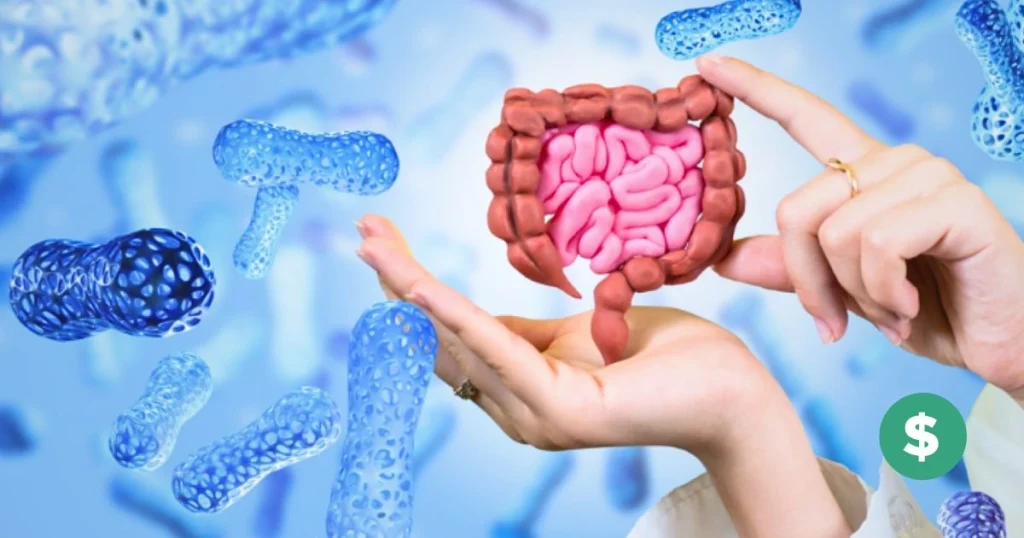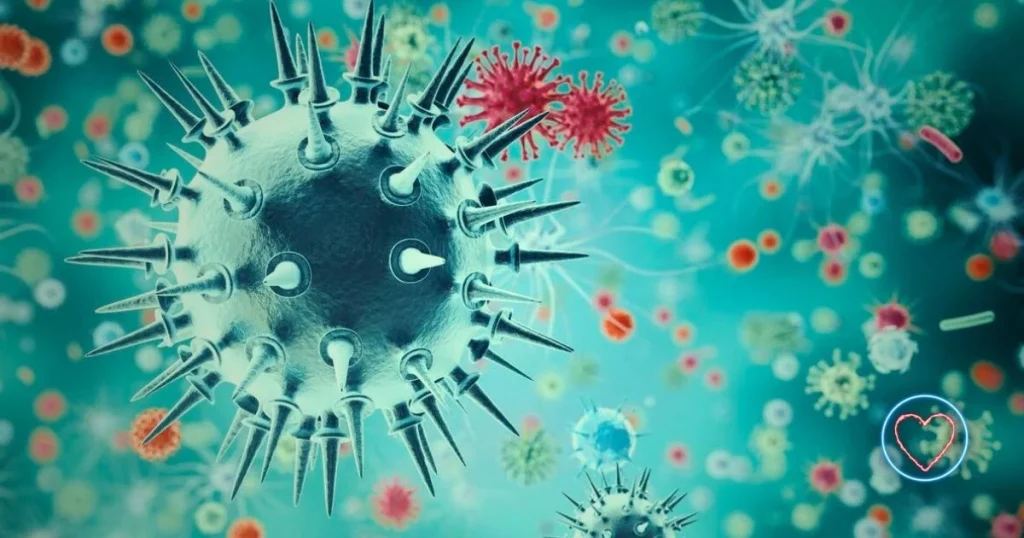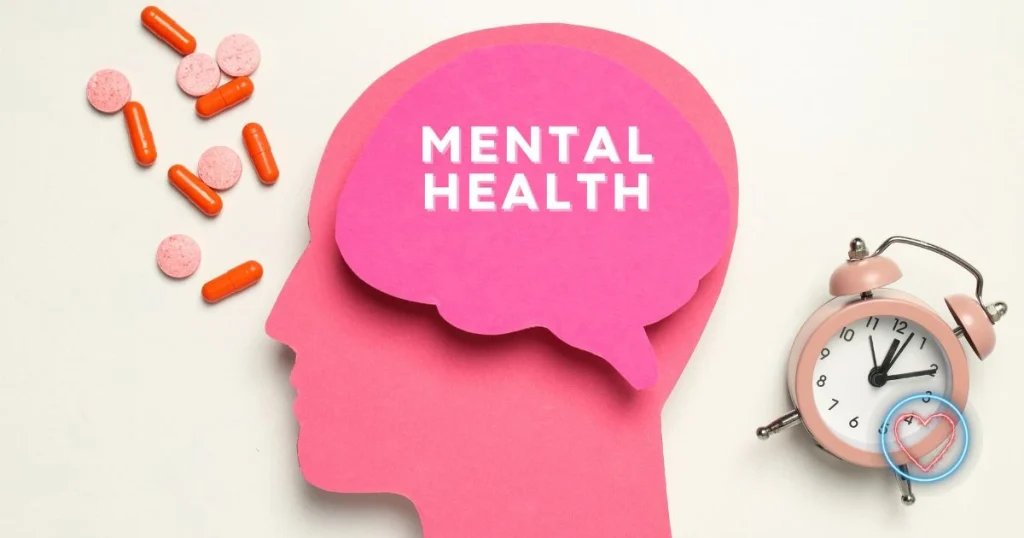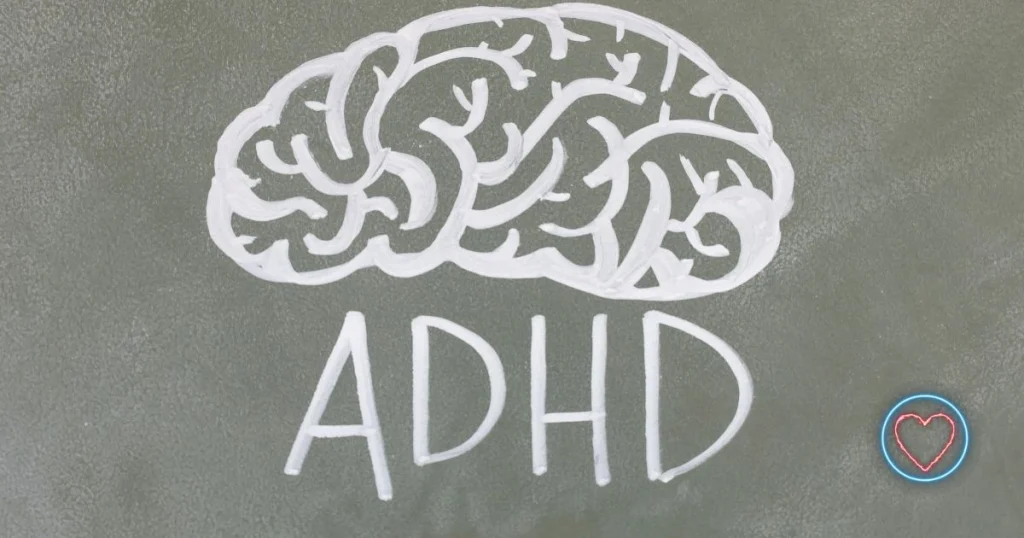In recent years, the term gut health has become a buzzword across health blogs, podcasts, and even mainstream media. But what exactly does it mean? Why is it suddenly so important? And more importantly, how can you ensure that your gut is in optimal condition?
Gut health refers to the balance and function of the microorganisms that live in your digestive tract. These microbes, including bacteria, viruses, fungi, and other microscopic organisms, make up your gut microbiome. This ecosystem plays a critical role not just in digestion, but also in immunity, mental health, and even chronic disease prevention.
Understanding the Gut Microbiome
The human gut is home to over 100 trillion microorganisms, outnumbering human cells by a factor of about 10 to 1. These microbes are not merely passive inhabitants—they are active participants in many of the body’s most vital processes.
Functions of the Gut Microbiome
- Digestion and Nutrient Absorption
Certain gut bacteria help break down complex carbohydrates, fibers, and proteins that the human body cannot digest on its own. They also assist in synthesizing essential vitamins like B12 and K2. - Immune System Regulation
Around 70% of the immune system resides in the gut. The microbiome helps train the immune system to recognize harmful pathogens while ignoring harmless substances like food particles or beneficial microbes. - Mental Health and Brain Function
The gut and brain are intricately connected through the gut-brain axis. Neurotransmitters like serotonin—90% of which is produced in the gut—are influenced by the microbiome, impacting mood, anxiety, and cognitive function. - Inflammation Control
A balanced microbiome reduces systemic inflammation, which is linked to diseases such as obesity, type 2 diabetes, heart disease, and even cancer. - Metabolism and Weight Regulation
Some studies suggest that the gut microbiome influences how the body stores fat and balances glucose levels, playing a role in weight management.
Signs of an Unhealthy Gut
Gut health issues often manifest in ways that people might not immediately associate with the digestive system. Here are common symptoms of gut imbalance:
- Chronic gastrointestinal discomfort (bloating, gas, diarrhea, constipation)
- Food intolerances or allergies
- Frequent infections or colds
- Unintentional weight gain or loss
- Fatigue
- Mood disorders such as anxiety or depression
- Skin conditions like eczema or acne
- Autoimmune issues
These signs can point to dysbiosis, a condition in which the gut microbial balance is disrupted, often due to poor diet, stress, antibiotics, or illness.
Factors That Harm Gut Health
Several lifestyle and environmental factors can negatively impact your gut microbiome:
1. Poor Diet
A diet high in sugar, processed foods, and unhealthy fats fosters the growth of harmful bacteria and yeasts in the gut.
2. Overuse of Antibiotics
While antibiotics are essential for fighting bacterial infections, they also kill beneficial bacteria. Repeated or prolonged use can lead to long-term microbiome damage.
3. Chronic Stress
Mental stress can alter gut motility and increase gut permeability, leading to what’s commonly referred to as “leaky gut syndrome.”
4. Lack of Sleep
Poor sleep can disrupt circadian rhythms and reduce microbial diversity.
5. Sedentary Lifestyle
Regular physical activity helps promote a more diverse and stable microbiome.
Improving Gut Health Naturally
While the microbiome is complex, it’s also highly adaptable. Here are science-backed strategies to improve and maintain gut health:
1. Eat a Diverse, Plant-Rich Diet
Variety in diet promotes a more diverse microbiome, which is generally healthier. Focus on:
- Fruits and vegetables: Rich in fiber and polyphenols that feed good bacteria.
- Whole grains: Brown rice, quinoa, oats, and barley contain prebiotic fibers.
- Legumes: Beans, lentils, and chickpeas support microbial diversity.
2. Add Fermented Foods
Fermented foods naturally contain probiotics, live bacteria that enhance gut flora.
- Yogurt (with live cultures)
- Kefir
- Sauerkraut
- Kimchi
- Miso
- Tempeh
- Kombucha
3. Take Probiotics and Prebiotics
- Probiotics: Supplements containing beneficial bacteria like Lactobacillus and Bifidobacterium strains.
- Prebiotics: Non-digestible fibers that feed probiotics. Found in garlic, onions, asparagus, leeks, and bananas.
4. Avoid Unnecessary Antibiotics
Only take antibiotics when prescribed and follow the full course. Afterward, replenish your microbiome with probiotic-rich foods or supplements.
5. Reduce Sugar and Artificial Sweeteners
Excess sugar fuels harmful bacteria and yeast. Artificial sweeteners like aspartame can negatively affect microbial balance.
6. Manage Stress
Chronic stress alters gut permeability and changes microbial composition. Mindfulness practices, yoga, and regular exercise can help restore gut-brain balance.
7. Sleep Well
Aim for 7–9 hours of quality sleep per night. A healthy sleep pattern helps maintain microbial balance and circadian rhythm synchronization.
8. Stay Hydrated
Drinking plenty of water benefits the mucosal lining of the intestines and promotes good bacterial growth.
9. Exercise Regularly
Exercise promotes gut motility and increases microbial diversity, even independently of diet.
Gut Health and Mental Health: The Gut-Brain Axis
The gut-brain axis is a two-way communication network that links the central nervous system (brain) with the enteric nervous system (gut). This connection means that what happens in your gut can influence your mood and vice versa.
Impact on Mental Health
Research shows that imbalances in the gut microbiome are associated with:
- Depression
- Anxiety
- Autism spectrum disorders
- Neurodegenerative diseases like Alzheimer’s
Some probiotics—referred to as “psychobiotics”—have been shown to reduce symptoms of depression and anxiety.
Gut Health Across the Lifespan
Infancy
Babies acquire their initial microbiome during birth, especially if delivered vaginally. Breastfeeding further supports the development of a healthy microbiome.
Childhood
Diet, environment, and antibiotic use play major roles in shaping a child’s gut microbiota.
Adulthood
A healthy adult gut is usually diverse and resilient. However, it can still be disrupted by stress, illness, and poor lifestyle choices.
Old Age
Microbial diversity tends to decline with age, increasing susceptibility to infections and chronic diseases. Diet and lifestyle continue to be key factors in supporting gut health.
The Role of Gut Testing
With the rise in awareness of gut health, companies now offer at-home gut microbiome testing. These tests analyze your stool to determine microbial composition and offer dietary recommendations.
While still an emerging field, such tests can provide personalized insights, especially for people with chronic digestive issues.
When to See a Doctor
While lifestyle changes help most people, persistent gut symptoms warrant medical attention. See a doctor or gastroenterologist if you experience:
- Blood in your stool
- Severe abdominal pain
- Unexplained weight loss
- Persistent diarrhea or constipation
- Signs of malnutrition
You may need specialized testing for conditions such as irritable bowel syndrome (IBS), Crohn’s disease, or celiac disease.
Conclusion: Gut Health is Whole-Body Health
The old saying “you are what you eat” could easily be updated to “you are what your microbes eat.” A healthy gut is foundational to overall well-being, affecting everything from digestion and immunity to mood and cognition.
Improving gut health doesn’t require expensive treatments or fad diets. Simple, consistent habits—like eating a fiber-rich, plant-based diet, managing stress, and staying active—can profoundly transform your gut and, by extension, your life.Your gut is more than just a digestive organ; it’s your body’s control center, immunity hub, and even a contributor to your thoughts and feelings. Take care of it, and it will take care of you.




















